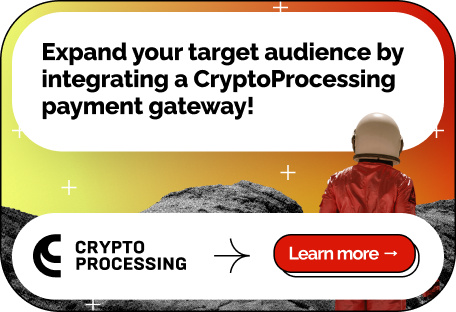How Blockchain Oracles Work
Blockchain oracles obtain the information required to execute a smart contract from online sources. The information could be the current exchange rate, the payment transaction, the status of the blockchain network, etc. Oracles are still based on the principle of decentralization, so they are not themselves part of the blockchain and only deliver external data to the system.
What Are Oracles Used For?

Blockchain oracles are mostly used in the DeFi sector. Smart contract algorithms use oracles to get the data needed to execute those contracts, increasing their functionality, reliability, and speed. However, it is worth keeping in mind that an oracle is only a courier of information, not its original source.
Due to technological limitations, the blockchain cannot receive this kind of data from the outside or exchange it with any other system. Therefore, the blockchain needs a helper, and oracles play that role. They receive and transmit reliable information to a smart contract, which processes this data and reacts according to the conditions laid down in it.
Types of Blockchain Oracles
There are a few different types of oracles:
- Software oracles process data from online sources in real-time, mainly to verify events.
- Hardware oracles provide real-world data based on physical sensors attached to an object.
- Human oracles verify information by manual input from people, usually by a vote.
- Inbound oracles use sources from the outside world and are programmed to perform specific tasks to make the action happen.
- Outbound oracles send data to the outside world to confirm the action, e.g. to remotely unlock a door.
- Consensus-based oracles use a rating system as data sources are diversified and assume little difference in data, for example, the value of currency pairs on the major platforms. The prediction market is dependent on them for reliable information.
Information Sources for Oracles

The main source of information for blockchain oracles is the outside world. This can be online applications, crypto exchanges, service providers, government data, electronic reports, data from fitness trackers, and any other source of digitized information needed to perform smart contracts.
However, oracles also have some drawbacks. First, centralized oracles are vulnerable because they rely on a single data source. Therefore, decentralized oracles are considered more secure. Second, blockchain oracles can overload the network and increase user costs by taking up internal system resources.
Another difficulty is adding a new oracle to the system, which always requires time and money to implement and coordinate it.
Because of these reasons, oracles mostly operate as separate services rather than as part of the blockchain. But despite the disadvantages, their usefulness means that the demand for blockchain oracles is only growing.










